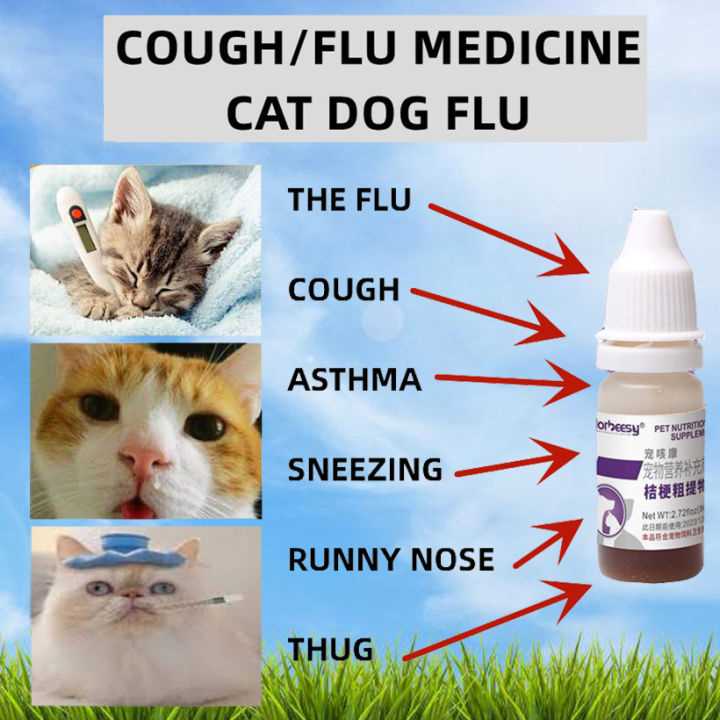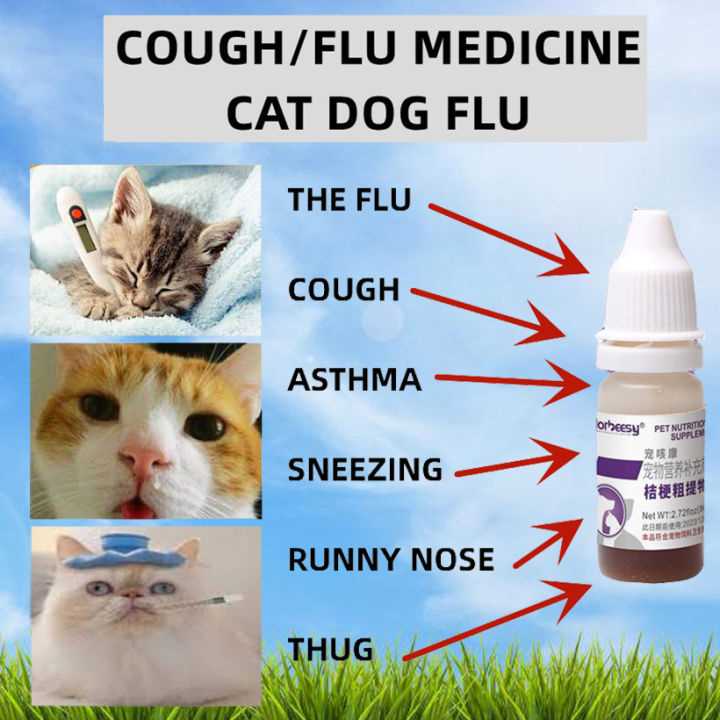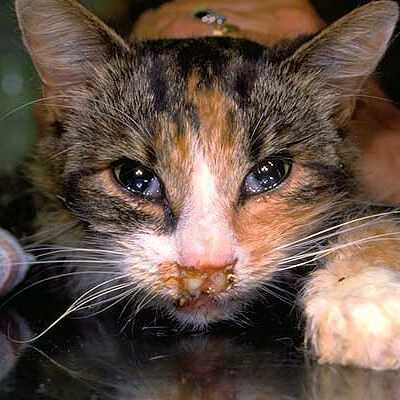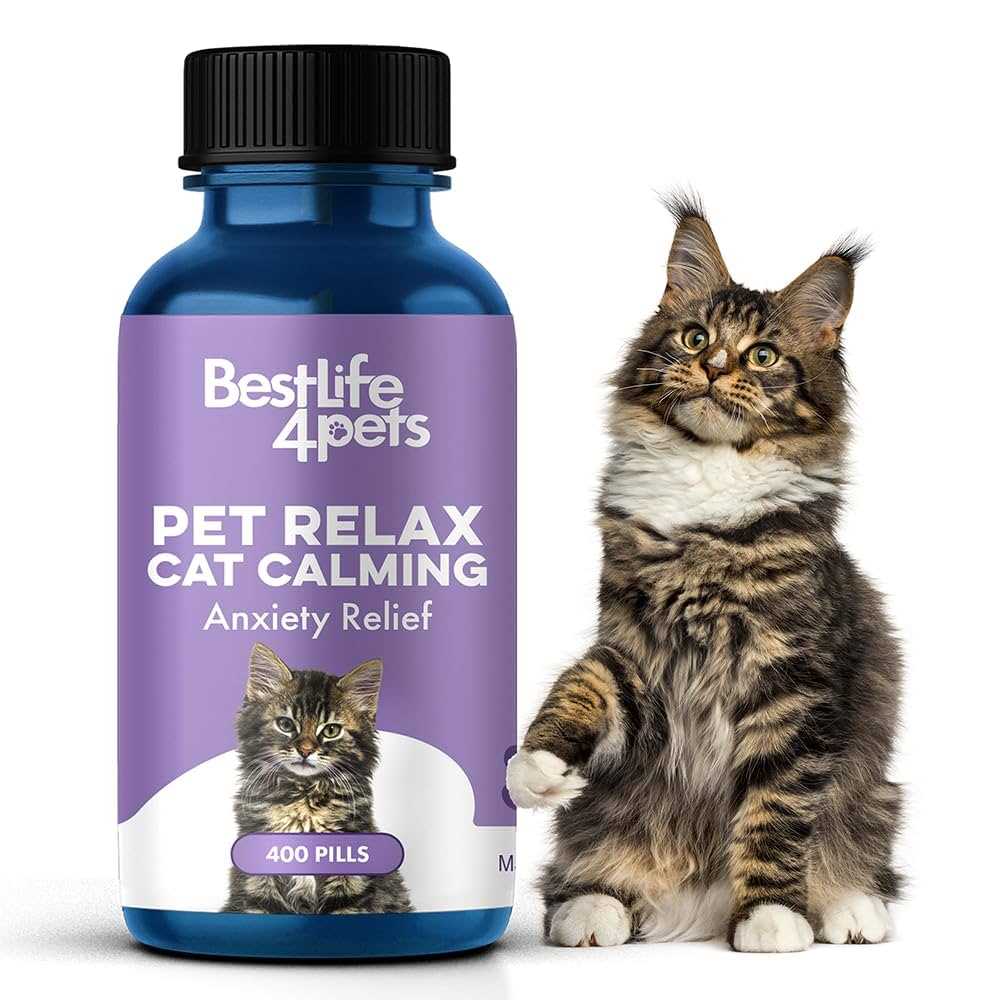Hydration is key. Make sure fresh water is available at all times. If your furry friend isn’t drinking, try offering wet food or adding water to their meals. Hydration aids in recovery from respiratory issues.
Monitor the temperature regularly. A healthy feline should have a temperature between 100.5°F and 102.5°F. Elevated temperatures may indicate an ongoing infection. If it exceeds 103°F, seek veterinary advice.
Keep the environment cozy. A warm, quiet space helps reduce stress. Ensure the area is free from drafts, and consider providing extra blankets for comfort.
Steam therapy can alleviate congestion. Running a hot shower and letting your companion sit in the bathroom can help open airways. Just ensure safety and avoid direct exposure to steam.
Consult with a veterinarian regarding medications. Antivirals and antibiotics may be necessary depending on the severity of symptoms. Follow prescribed dosages carefully to ensure effective recovery.
Observe for other signs, such as coughing or difficulty breathing. If these arise, immediate veterinary attention is essential. Early intervention often leads to better outcomes.
Recognizing the Symptoms of Feline Respiratory Infection

Pay attention to these key indicators to identify illness in your furry friend:
- Persistent sneezing and nasal discharge, often clear or cloudy.
- Watery eyes accompanied by redness or swelling.
- Loss of appetite or refusal to eat favorite treats.
- Excessive grooming around the face due to discomfort.
- Hissing or vocalization changes, indicating throat irritation.
- Labored breathing or coughing, which may signal congestion.
- Fever, often detectable through touch or lethargy.
If several symptoms appear simultaneously, seeking help from a veterinarian is advisable for a proper diagnosis and care plan. Keeping an eye on behavior changes, such as increased sleeping or withdrawal from play, can also provide important clues regarding health status.
Consulting a Veterinarian: When and Why
Seeking professional advice is necessary if symptoms persist for more than a few days or worsen. Early veterinary intervention can prevent complications and ensure appropriate management of respiratory infections in felines.
Signs of dehydration, difficulty breathing, or refusal to eat are clear indicators for immediate consultation. A veterinarian can conduct a thorough examination and may recommend diagnostic tests to identify the underlying cause. This is crucial for effective treatment plans tailored to individual needs.
In some cases, medications such as antibiotics, like those for urinary tract infections in felines, may be prescribed to combat secondary bacterial infections. Familiarize yourself with options available, including the antibiotic for uti in cats, as this can be a component of comprehensive care.
Regular check-ups are vital, especially for older or immunocompromised pets, to monitor their health status and adjust treatments as necessary. Trusting a veterinarian’s expertise can make a significant difference in recovery outcomes.
Medications for Treating Flu in Felines
For those experiencing respiratory issues, antiviral medications like Famciclovir can be prescribed. This helps in managing viral infections effectively. Antibiotics, such as Amoxicillin, are utilized in cases where secondary bacterial infections are suspected. Always ensure to follow veterinary guidance regarding dosages and duration of treatment.
Supportive Care

Hydration and nutrition are paramount. Electrolyte solutions can support hydration, while appetite stimulants may encourage eating. Inhalation therapy can ease breathing difficulties, and nebulizers are sometimes recommended for better air flow.
Additional Options
In some cases, corticosteroids may be administered to reduce inflammation in the airways. Always consult with a veterinarian before starting any medication, as they can provide tailored advice based on individual health conditions.
| Medication | Purpose |
|---|---|
| Famciclovir | Antiviral treatment |
| Amoxicillin | Antibiotic for secondary infections |
| Electrolyte solutions | Hydration support |
| Corticosteroids | Reduce inflammation |
Home Remedies to Support Recovery

Warm, nourishing broth can provide hydration and comfort. Make homemade chicken or fish broth without onions or garlic, ensuring it’s cooled before serving.
Steam inhalation helps relieve nasal congestion. Running a hot shower and allowing the steam to fill the bathroom can create a soothing environment. Stay nearby to enjoy the benefits.
Hydration is crucial. Fresh water should always be available. Adding water to food can encourage drinking, especially if the appetite is reduced.
Humidifiers maintain moisture in the air, easing breathing. Position the device in areas frequented during rest or play.
Encouraging rest is key. Creating a cozy, quiet space with soft bedding promotes relaxation and healing.
Herbal remedies can be beneficial. Chamomile and catnip may soothe. Consult with a vet before introducing any herbs to ensure safety and suitability.
Monitor temperature regularly. A warm cat can indicate fever. If the temperature exceeds normal ranges, consult a veterinarian.
Keeping the litter box clean and accessible supports hygiene. Frequent changes prevent discomfort and promote well-being.
Gentle grooming can relieve stress and keep fur clean. Use a soft brush to avoid irritation, making the experience enjoyable.
Attention and affection from caregivers provide emotional support during recovery. Spending quality time can uplift spirits.
Importance of Hydration and Nutrition
Maintaining proper hydration is critical during recovery from viral infections. Fresh water should always be available, and offering wet food can help increase fluid intake. Canned options not only provide moisture but can also be more palatable for a feline feeling under the weather.
Nutritionally dense foods are paramount. High-quality, easily digestible options that are rich in protein support the immune system and provide the energy needed for recovery. Consider adding warm, enticing broths or special recovery diets recommended by veterinarians to stimulate appetite.
Monitor food and water consumption closely. If there’s noticeable decrease in intake, consult a veterinarian. Dehydration can lead to more severe complications, making timely intervention crucial. Keep an eye on litter box habits as well; changes in urine output may indicate hydration issues.
Encouraging frequent small meals can be more effective than traditional feeding schedules. This approach can be less overwhelming and may help maintain energy levels. Using elevated feeding stations or different bowls can also make eating more appealing.
Supplements like omega fatty acids can further enhance the diet, supporting skin and coat health, which may be affected during illness. Always check with a veterinarian before introducing new supplements to ensure they are safe and appropriate.
Isolating Your Cat to Prevent Spread
Quarantine is a must for any feline showing symptoms of a respiratory infection. Create a separate space that is quiet and comfortable, away from other pets. This helps reduce stress and allows for better recovery.
Ensure all essentials, such as food, water, and a litter box, are within reach of the isolated area. Use a separate set of bowls and litter to avoid cross-contamination. Clean and disinfect any shared items regularly.
Limit interactions between the sick kitty and others. If cuddles are a must, wash hands and change clothes after each visit to minimize the risk of transmission. Consider using a barrier, like a baby gate, to keep safe distance while still providing comfort.
Monitor health closely. If symptoms worsen despite isolation, consult a veterinarian without delay. Keeping a journal of changes can be helpful for the vet.
Even while in recovery, socializing with humans can uplift spirits. Use toys or gentle play from a distance to keep the mood light without risking exposure.
For outdoor adventures, ensure vehicles are suitable for safe transport. Check out this best 4wd for dogs guide for tips on safe travel with pets.
Monitoring Recovery and Follow-up Care

Tracking progress after illness is key. Regularly observe behavior, appetite, and energy levels. A gradual return to normal activities indicates improvement.
Daily Observations
Check for any lingering symptoms like coughing or nasal discharge. Note any changes in grooming habits or playfulness. Keeping a journal can help spot trends over time.
Veterinary Follow-ups
Schedule follow-up appointments as advised. These visits allow for necessary evaluations and adjustments to the treatment plan. Ensure to communicate any concerns or changes noticed at home.






